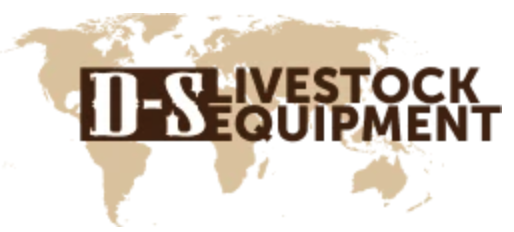Getting Your Goats, Sheep and Cattle Ready for the Colder Winter Weather
If you are new to livestock handling equipment, you will want to know about the basic essentials that will help you make your livestock operation run smoothly and efficiently. Our team here at D-S Livestock Equipment, is ready to give you a run-down of the basic equipment you will need to be successful and protect your livestock investment.
Livestock Feeder
Sheep, goats and cattle need to be fed well and consistently so they can thrive, especially in the colder winter months. While there are a variety of feeders available on the market, bale feeders, hay baskets, troughs, etc., we can recommend a combination feeder, so you can feed your animals both hay and grain with just one item of equipment. And whether you are dealing with rain or snow, our feeders help protect your animals from the harsh elements.
-Handling Systems: There are various handling systems ranging from basic to complex, so choosing the right one for your needs is important. Our equipment has parts that can let you sort, deworm, inspect or tag your animal without harming them (or you).
-Livestock Weighing Equipment: Weighing helps you monitor your animal’s health so you can calculate the correct medication dosage, and food rations, as well as monitor their weight gains.
-Livestock Work Tables: A work table and station options can make your job easier when you need to handle, flip or keep your animal motionless.
Winter Protection Tips
There are a few other items that can help protect your animals. If you have newborn calves dealing with winter weather, you can look for specially designed hats to keep their ears warm, while goats and lambs can be warmed with a fleece or sweater on the chilliest nights. Extra bedding can help insulate your animals from the freezing ground. And of course, this time of year extra food can raise their body temperatures.
Whatever your needs may be, our DF-Livestock team in Frostburg, MD, has the equipment to help you keep your animals safe and your business function more smoothly. We invite you to give us a call at [phone] if you have any questions! We are here to support your operation!
